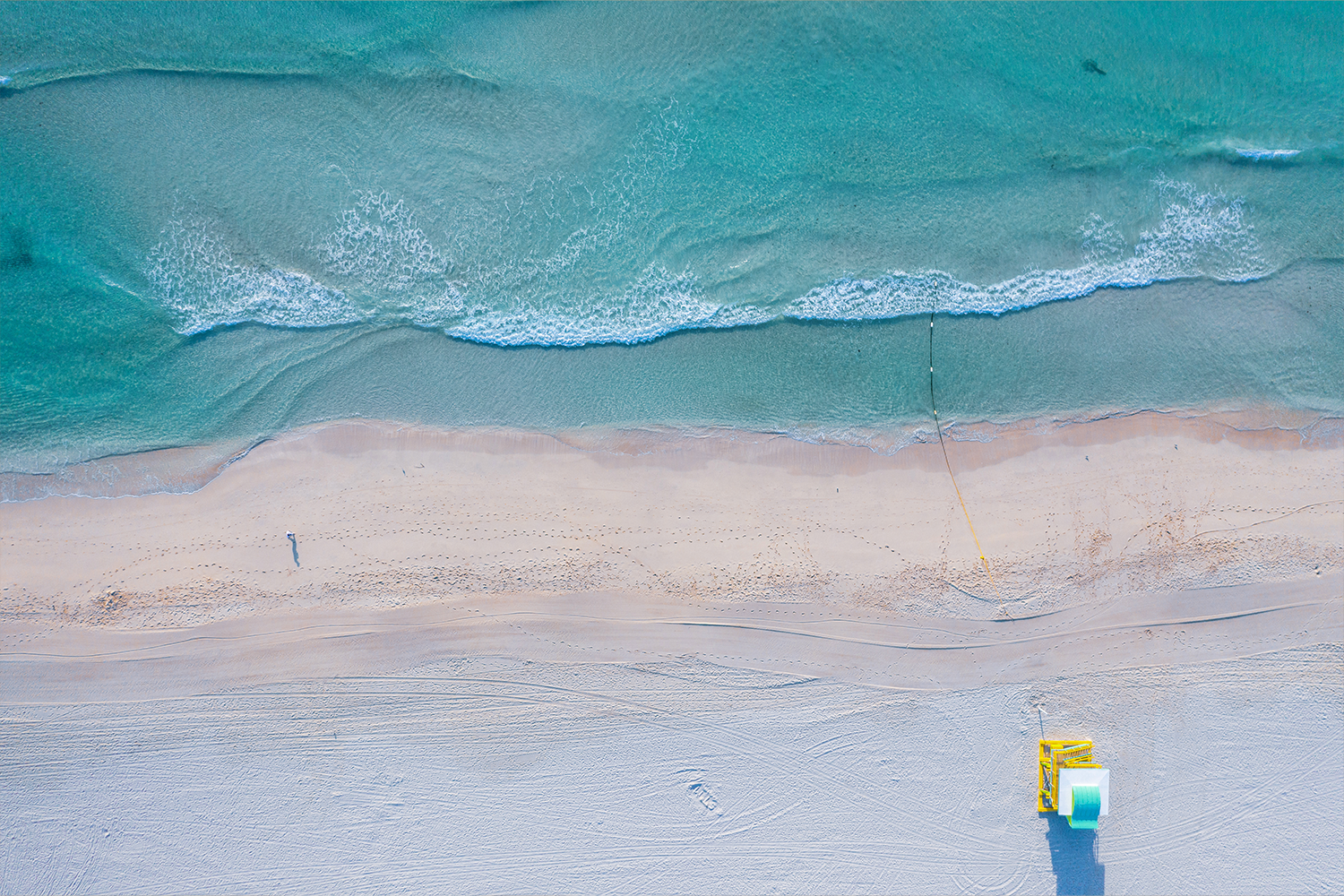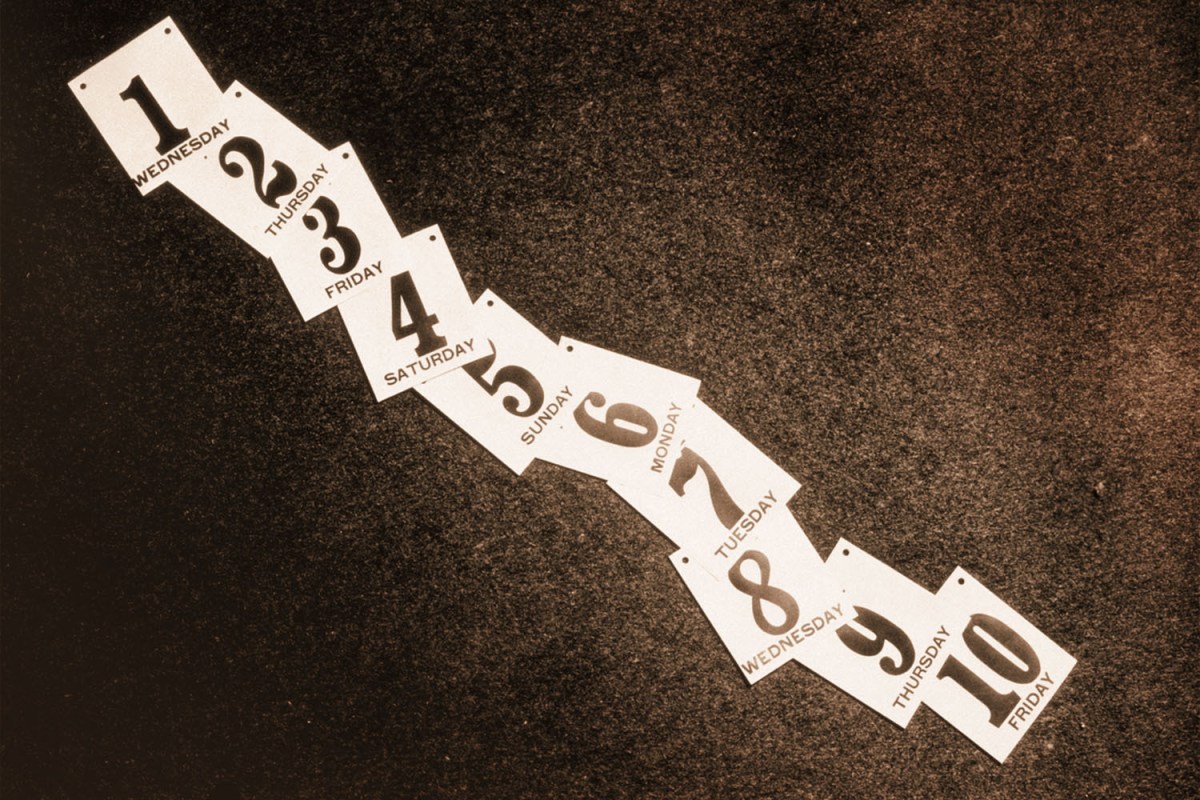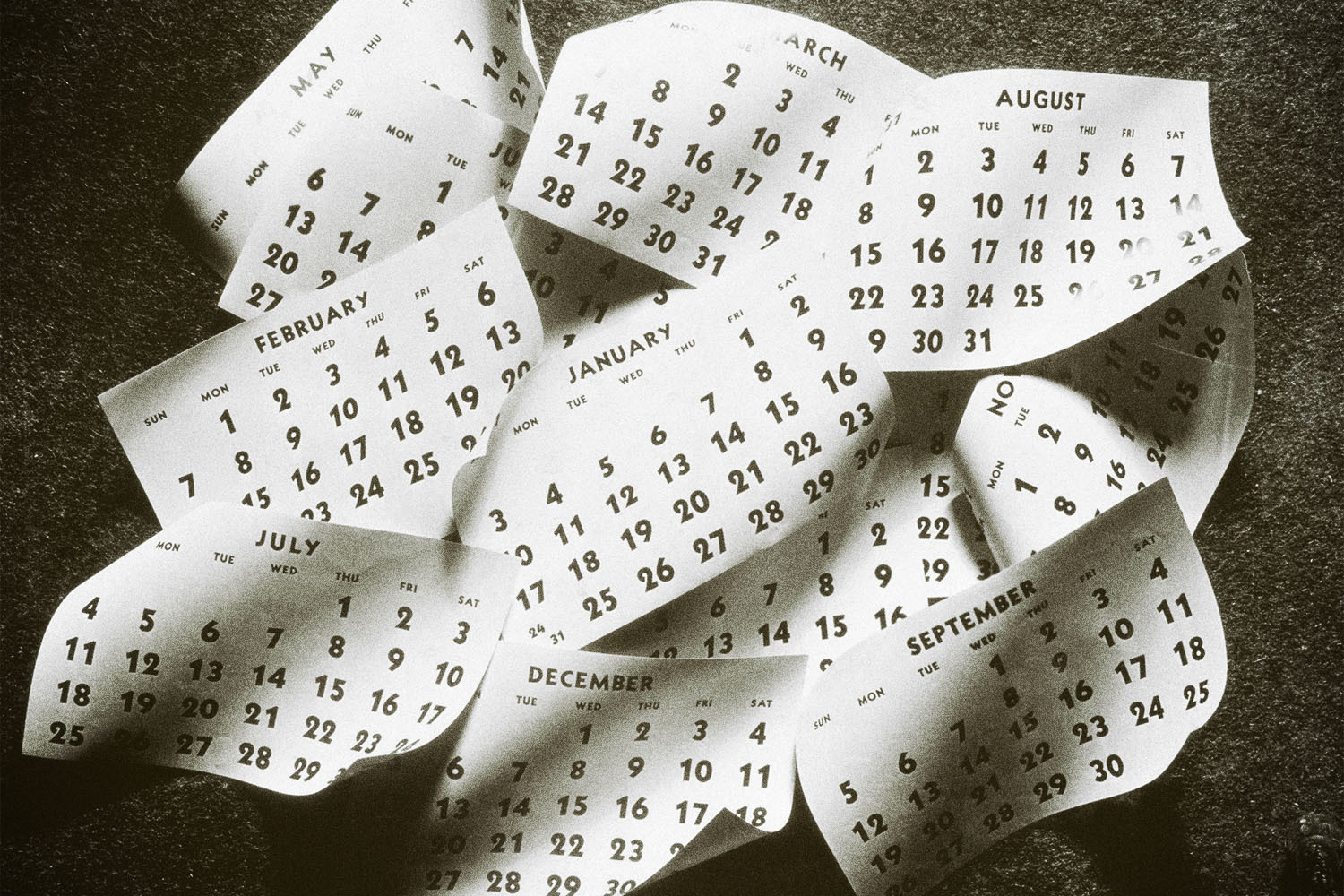In July of 1910, The New York Times published a story called “How Long Should a Man’s Vacation Be?” In the piece, President William Howard Taft — an apparent champion of the cause — is quoted as saying that “ten days or two weeks is insufficient.” It was his belief that two to three months of annual vacation was imperative to preserving Americans’ health.
Fast forward to 2022 and we know that, even under the best of circumstances, two months of paid vacation time is a pipe dream. Regardless, the question of time and how it pertains to vacation remains a tricky one — particularly when travel is involved.
A user with the account name u/BroJustChill posed an interesting question to the r/travel subreddit a few months back. They wrote: “What is your minimum amount of days that you personally feel you need to make travel ‘worth it’?” The prompt amassed more than 200 replies, albethey a bit of a mixed bag.
“I mean if I only have 4 days off I’m not spending two of those in the air,” wrote one user, in a response that was upvoted 361 times. “4 days off would mean a short road trip to another city.”
“I’ll take any opportunity I can get,” another posited. “I did three days in London from Los Angeles for a childhood friend’s wedding. No regrets, some of the best memories of my life thus far came from that night. Life is too short, ya know?”
It got me thinking about my own travel habits and the rules I subconsciously adhere to. For example, my parents are roughly a three-hour drive north of New York (where I live), and I have absolutely no qualms about visiting them for a weekend. Miami, meanwhile, is equidistant in terms of travel time, but I’d still be less inclined to hop on a plane to The Magic City for a weekend than I would be to drive Upstate. And a leisure trip to another country for a weekend? Forget about it.
But why is that? It could be argued that the distinction is between the respective level of familiarity with a trip to one’s parents’ house versus a trip to Miami, but I suspect there’s more to it than that. The Miami weekend requires resources, planning and packing — in other words, stress.
Which brings us back to u/BroJustChill’s question: Exactly how long should a trip be for that stress to be “worth it”?

Jessica De Bloom is a researcher at the Academy of Finland with a keen interest in vacation length. In a study conducted in 2010, De Bloom found no notable difference in health and welfare — during or after vacation — in vacationers who went on holidays for four and a half days versus those who went for nine days. Further, there’s been some secondary research that suggests three to six days is actually ideal.
De Bloom also argues that physical distance is a rather abstract concept that humans cannot assess well: “What we usually do is gauge distance by the time it takes to get somewhere,” she says. “Following this logic, your mode of transportation and travel time matter more than the actual distance in miles between places.” Using that metric, and in conjunction with her findings, there is little reason not to visit, say, Miami, or potentially even another country, for a short period of time.
Another one of De Bloom’s studies found that while longer vacations are “more likely to facilitate mastery experience,” shorter vacations are “more likely to result in detachment and relaxation experiences.” In other words, if the purpose of the vacation is just to relax and escape, a jaunt shorter than seven days is actually preferable.
Rod Cuthbert is the founder and former CEO & Chairman of Viator Inc., former CEO of Rome2rio and, currently, an Interim Chair at Jayride. He also co-authored a book called Vacation Rules, the very first rule of which is “Vacation more, live longer.”
The next most important rule laid out in the book is one having to do with the mental health benefits linked to even just the planning of a vacation, which more or less renders the idea of “optimal vacation time” meaningless.
“You can daydream about two days in Mexico City just as much as you daydream about five days there, right?” Cuthbert says. “Your daydreams don’t have a little clock ticking up in the corner of your brain screen, do they?”
The reality — as Cuthbert points out — is that not everyone has the luxury of taking several long vacations a year. To that end, a vacation is vacation. Three short trips can be just as propitious as one “big” one. In either case, Cuthbert emphasizes the importance of avoiding complexity.
“If you only have a few days, choose something that has only one travel leg — we all know how easy it is for a one-hour flight connection to turn into a whole day — and doesn’t require multiple check-ins (whether it’s hotels or flights or trains or whatever),” Cuthbert says.
“Think about your plan in terms of ‘How much of my 72 hours — or whatever number that is — will be used up in airports or hotel lobbies or waiting for my Airbnb host,’ he adds. “If it’s more than 10%, re-think your plan.”
Ultimately, for many, jetting off to a far-flung destination comes down to a cost-benefit analysis. But the moral of the story is this: if you can afford the cost, the benefit is scientifically proven to be there. Vacation more — for shorter periods of time — and live longer, as they say.
This article appeared in an InsideHook newsletter. Sign up for free to get more on travel, wellness, style, drinking, and culture.
























